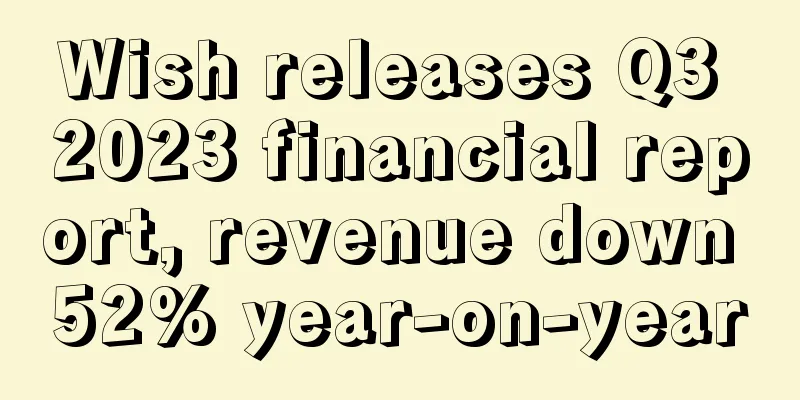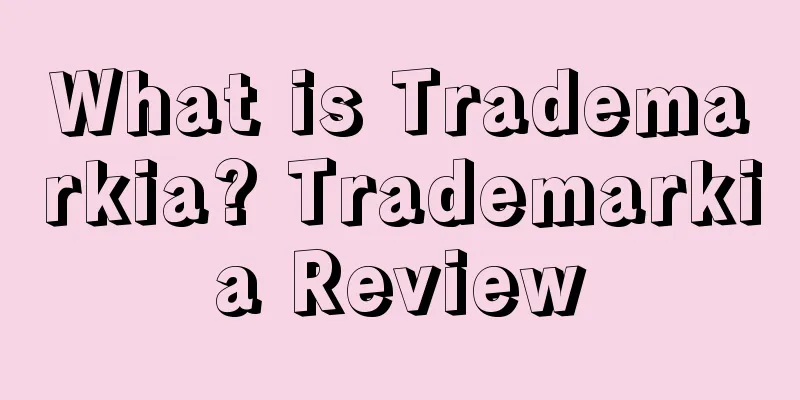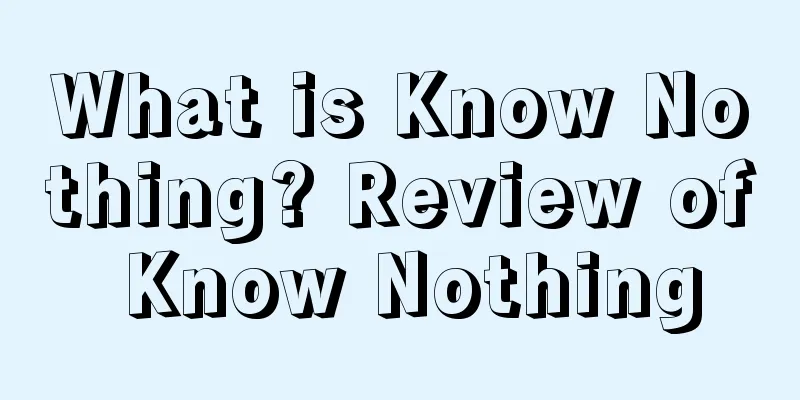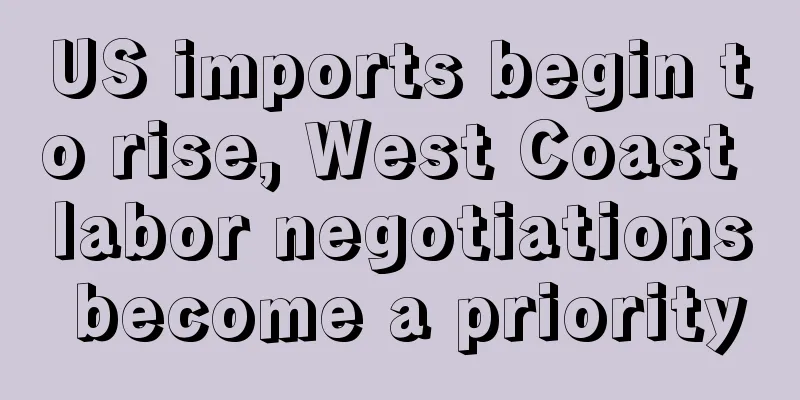What is CSA? CSA Evaluation
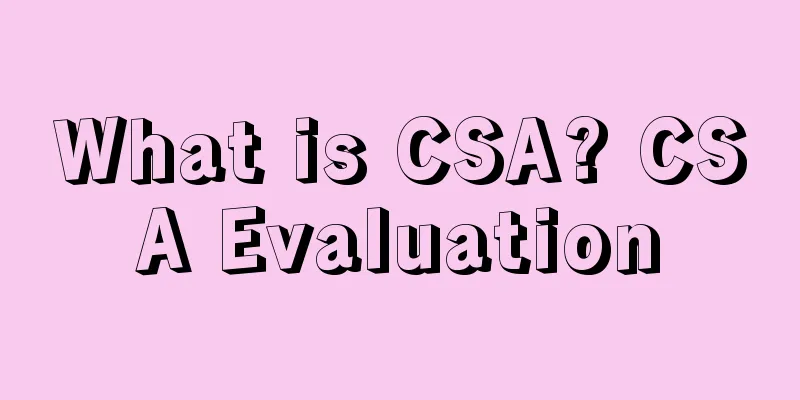
CSA is the abbreviation of Canadian Standards Association, which is a global leader in safety and environmental certification, including Canada, the United States, Europe and Asia. It was founded in 1919 and is Canada's first non-profit organization dedicated to developing industrial standards. Full name Canadian Standards Association Chinese Canadian Standards Association Service area Canada, the United States, Asia, Europe Founded in 1919 Abbreviation CSA Website http://www.csagroup.org/Basic SituationCSA Group has 35,000 clients worldwide and 39 offices in 14 countries. We can help you access more than 140 countries around the world. CSA has eight Global Market Access (GMA) offices in North America, Europe and Asia. It also has laboratories and affiliates in more than 30 countries. Legal statusCSA standards are adopted voluntarily, but federal, provincial and local governments often use and refer to CSA standards when formulating laws and regulations. Such standards become the basis for government legislation, which means they are mandatory. Certification MarkHistorical DevelopmentIn 1927, CESA published the Canadian Electrical Code. In 1933, the codes required for product testing were implemented, and the Ontario Hydropower Commission became the sole source for testing nationwide. In 1940, CESA was established to test and certify electrical products sold and installed in Canada. CESA changed its name to the Canadian Standards Association (CSA) in 1944. The certification mark was introduced in 1946. In the 1950s, CSA established international alliances in the United Kingdom, Japan, and the Netherlands to expand its scope in testing and certification. The testing laboratory expanded from the first one in Toronto to laboratories in Montreal, Vancouver, and Winnipeg. In the 1960s, CSA developed national occupational health and safety standards, setting standards for helmets and safety shoes. In the late 1960s and early 1970s, CSA began to expand its involvement in consumer standards, including bicycles, credit cards, and child-resistant pharmaceutical packaging. In 1984, CSA established QMI, the Quality Management Institute, which registered ISO9000 and other standards. In 1999, CSA International was formed to provide international product testing and certification services, while CSA shifted its primary focus to standards development and training. In 2001, the three divisions joined under the name CSA Group. In 2004, OnSpeX became the fourth division of CSA Group. In 2008, QMI was sold to SAI-Global for $40 million. In 2009, CSA acquired SIRA. Certification Process1. Complete the preliminary application form and submit it to CSA International together with all relevant product instructions and technical data (including all electrical components and plastic materials). 2. CSA International will determine the certification fee based on the specific circumstances of the product and notify the applicant company by fax. 3. After confirmation by the applicant company, the official application form and notice will be sent to you. The notice includes the following requirements: (1) After signing the formal application form, wire the certification fee (payable in RMB) to the office. (2) Deliver the test samples to the designated location as notified. 4. The designated laboratory will carry out the certification work on time. 5. After the certification test is completed, a preliminary report (Findings Letter) will be sent to the applicant company, which will list the following details: (1) How should the product structure be improved to meet the standards? (2) Other information required to complete the certification report. (3) Please ask the applicant company to review the contents of the draft certification record (4) The marks required for CSA certification and how to obtain them. (5) Factory Tests required for the product. 6. CSA International will evaluate the applicant's response to item 5 above. 7. At the same time, CSA International will prepare a certification report for product production reference and follow-up inspection. 8. At this stage, in some cases, CSA International will go to the factory to conduct an Initial Factory Evaluation (IFE). 9. Finally, CSA International will issue a Certificate of Compliance along with the Certification Record, authorizing the applicant company to add the CSA certification mark to its products. 10. The applicant company must sign a service agreement with CSA International to indicate that both parties agree that CSA International will conduct product tracking inspections at the factory. The applicant company must pay an annual fee to maintain the agreement. CSA's certification inspection mainly focuses on eight aspects1. Human survival and environment: including occupational health and safety, public safety, sports and entertainment equipment environmental protection and health technology. 2. Electrical and Electronics: including regulations on the installation of electrical equipment for buildings, and various types of electrical and electronic products for industrial, commercial and civil use. 3. Communications and information: including residence processing systems, telecommunications and electromagnetic interference technology and equipment. 4. Building structures: including building materials and products, civil engineering products, concrete, masonry structures, pipe fittings and building designs. 5. Energy includes energy regeneration and transfer, fuel combustion and safety equipment, and nuclear energy technology. 6. Transportation and distribution systems including motor vehicle safety, oil and gas pipelines, material handling and distribution, and offshore facilities 7. Material technology includes welding and metallurgy. 8. Business and production management systems including quality management and basic engineering. CSA CertificationCSA is the largest inspection and certification body in Canada. As an independent, private, non-profit organization, it mainly provides product certification, inspection, and related standard development and information services to the public, government, business community, etc. It not only engages in the certification of safety projects based on the authorization of relevant Canadian government departments, but also undertakes performance and quality testing. |
<<: What is a UPC Exemption? UPC Exemption Review
>>: What is ShipWorks? ShipWorks Review
Recommend
Seller costs are rising again! Etsy increases selling fees on Reverb platform!
<span data-docs-delta="[[20,"获悉,据外媒报道,近日Et...
Fakes and fake orders are terrible! Can Amazon's new team enforce the law across borders? !
The last time Amazon sellers surrounded the Amazo...
What is Add-on Item? Add-on Item Review
Add-on Item is a shopping cart item logo launched ...
A must-read for newbies: What are the tricks of Amazon's agent operators? Here's what you need to know!
Let's first talk about why Amazon's agent...
Walmart buys 4,500 electric trucks to deliver online orders! They will be put into use next year!
<span data-docs-delta="[[20,"沃尔玛购买4,500辆电动...
Cross-border high-quality updates-analyze competitors|advertising optimization|register US account|buy words
Summary and analysis of Amazon competitor listing ...
What is Refund retriever? Refund retriever review
Refund retriever provides businesses with complete...
Amazon has removed several listings! Sellers: It’s all AI’s fault!
Looking through the 2023 report card, the cross-bo...
What is ChannelAdvisor? ChannelAdvisor Review
ChannelAdvisor is a leading e-commerce cloud platf...
What is Social Report? Social Report Review
Social Report is a third-party analytics tool that...
No solution! Behind this illegal account suspension is a big change
Recently, a large number of accounts have been ban...
The disparity in the world: A seller born in the 2000s has nearly 200,000 yuan in savings, but he sells his house to start Amazon?
There are a thousand Hamlets for a thousand reader...
Amazon also wants to open Temu at a low price?
text Temu offers 15% off on the same item on Amazo...
Canada Post loses $129 million in first quarter as package volume drops 9.1%
<span data-shimo-docs="[[20,"获悉,据外媒报道,近日加拿...
5 pictures to understand Amazon's development status in the United States
It is learned that according to eMarketer's fo...

